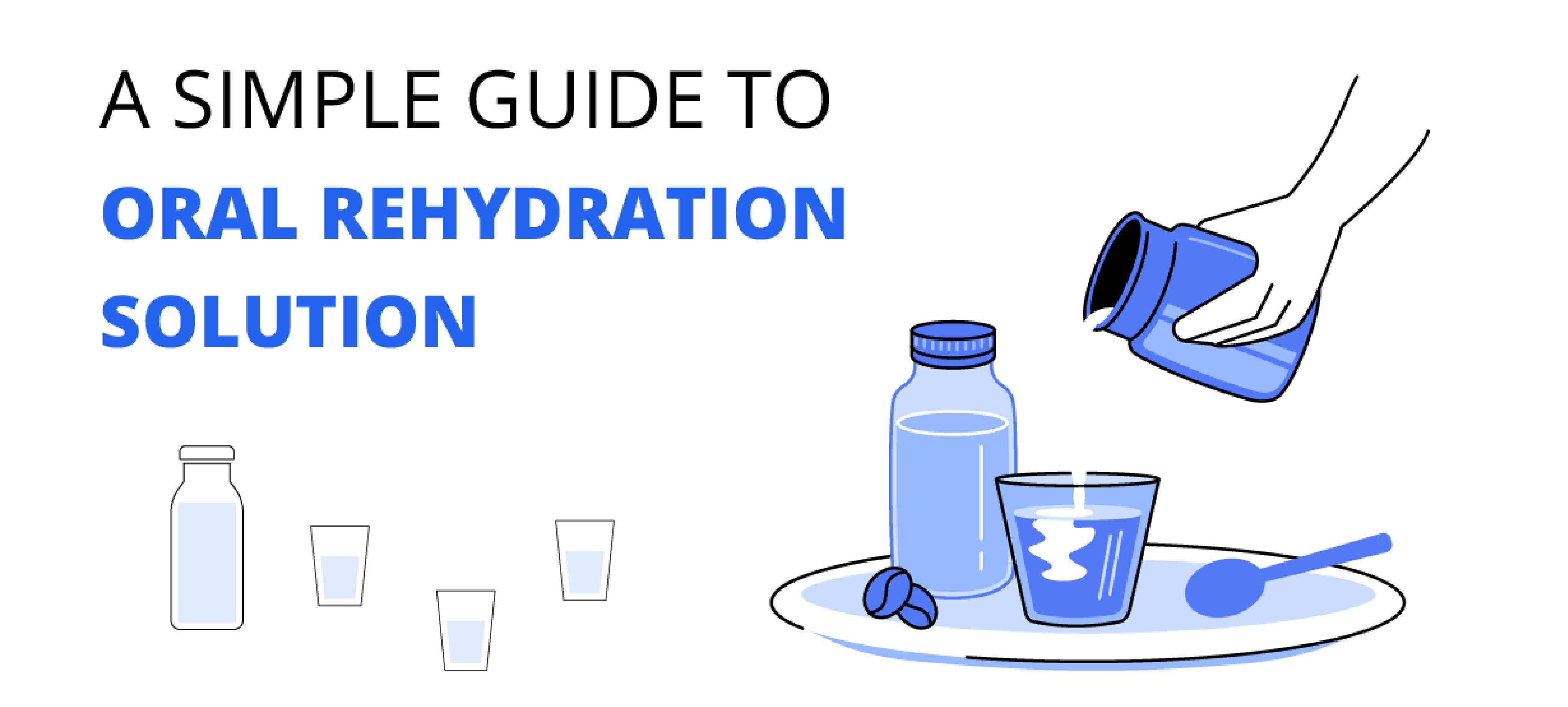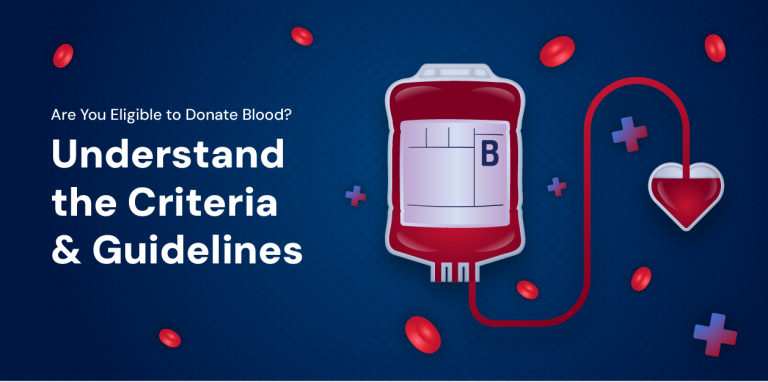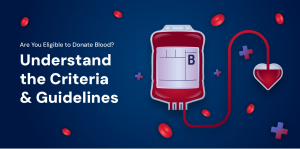Oral rehydration solution (ORS) is usually the first line of treatment for individuals suffering from diarrhoea as well as dehydration. In this simple guide, we delve into what ORS is, how it works, its benefits and when and how to have it.
What is ORS?
ORS is a sugar and electrolyte solution used to treat dehydration. It was first devised as a treatment for diarrhoeal diseases. Diarrhoea can create a slightly acidic environment in the body, causing cell damage. So, besides glucose and electrolytes, ORS contains something known as the base, which counters the acid. While one can opt for rehydration through intravenous solutions (which are injected directly into the blood), ORS is far easier to work with as they simply must drink it.
What does ORS contain?
Water: It constitutes the base of ORS and is used to replenish the fluids lost from the body due to dehydration.
Glucose: It is a simple sugar that provides energy to the body. It also aids in increasing the absorption of water and electrolytes in the small bowel.
Electrolytes: These are the minerals that are crucial for several bodily functions, which include sodium, potassium and chloride, among others. They help maintain the balance of body fluids and play a vital role in maintaining the normal functioning of the muscles and nerves.
How does ORS work?
ORS works on the principles of oral rehydration therapy (ORT). When a person is dehydrated, their body loses essential fluids and electrolytes, which are vital for several metabolic functions. ORS helps replenish these lost fluids and electrolytes by providing a balanced mixture of salt and sugar. The sugar in ORS improves the absorption of sodium and water in the small bowel, allowing the body to rehydrate more effectively. The salts help balance the body’s water and electrolyte levels and maintain the acid-base concentration.
When to have ORS?
ORS is particularly favourable in the following situations:
Diarrhoea: This disease can lead to significant fluid and electrolyte loss. ORS can help replenish these reserves, preventing dehydration.
Vomiting: Persistent vomiting can also cause dehydration, and ORS can prove beneficial in preventing the same.
Fever: A high fever can elevate fluid loss through perspiration, making ORS a helpful tool to restore normal fluid levels in the body.
Strenuous exercise: Intense physical activity can cause fluid and electrolyte imbalances, making ORS a superb choice for athletes or anyone engaging in vigorous workouts.
Hot weather: On hot and humid days, one can lose excessive fluids through perspiration. ORS can be a lifesaver in such situations.
What’s the ideal dosage for ORS?
The dosage for ORS depends on one’s age, weight and the severity of dehydration. However, a general guideline for adults is to dissolve one sachet of ORS in 200 ml of water and drink it when needed. For children, the dosage should be adjusted based on their age and weight, as directed by a medical professional.
In a nutshell, ORS is a simple yet effective tool for combating dehydration. Understanding how ORS works and when to use it can help one stay healthy and hydrated. However, it’s crucial to reach out to a healthcare professional in cases of severe dehydration or underlying health conditions. Prevention is key, so staying hydrated and being mindful of fluid intake can go a long way towards averting dehydration in the first place.
-Content partner Happiest Health







